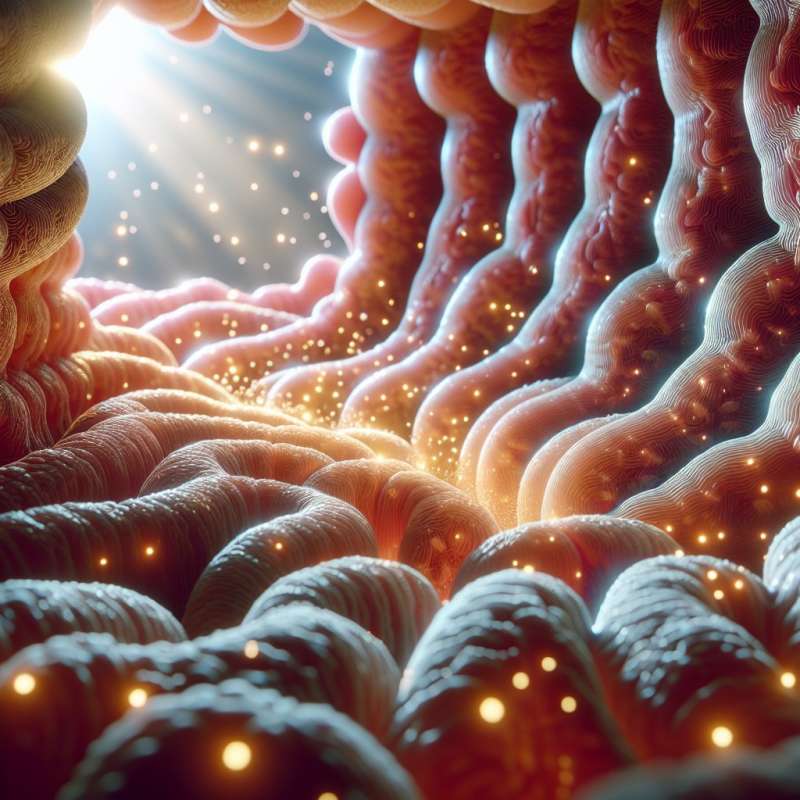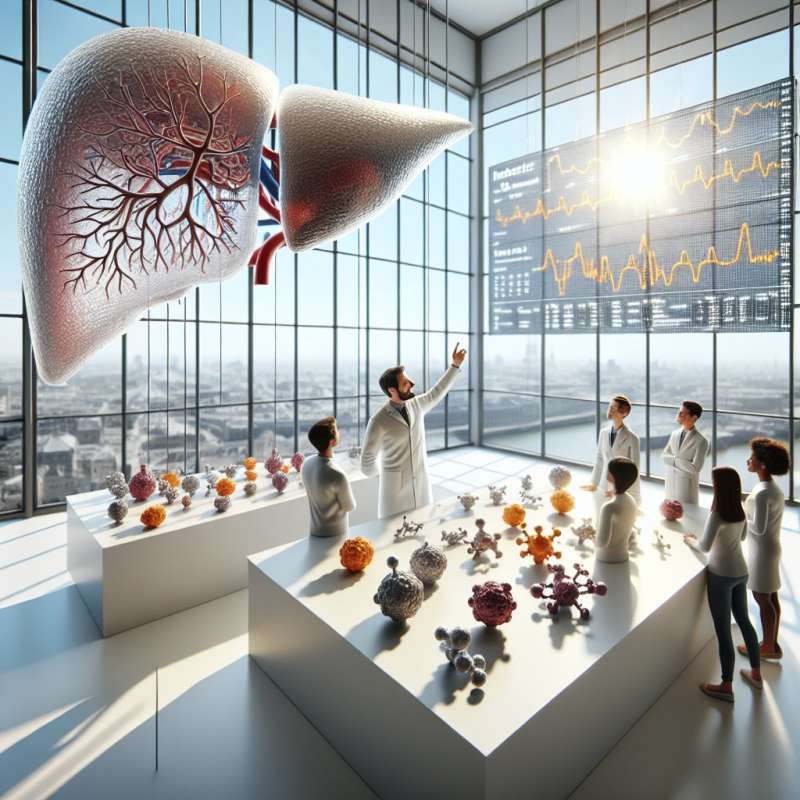
Digestive System Overview
The digestive system processes food into absorbable units. It's not just a tube but a complex system involving multiple organs, enzymes, and hormones.
Mouth: Enzymatic Inception
Digestion starts in the mouth, where salivary amylase breaks down starch. Surprisingly, the process is so efficient that some carbohydrate digestion occurs before swallowing.
Stomach's Proteolytic Activity
The stomach's gastric juice contains pepsin, an enzyme that starts protein digestion. Pepsin is unique as it requires the stomach's acidic pH to function effectively.
Small Intestine, Major Player
Most nutrient absorption occurs in the small intestine. It has a surface area equivalent to a tennis court, thanks to villi and microvilli, optimizing nutrient uptake.
Liver: The Chemical Factory
The liver produces bile, crucial for fat emulsification. It also detoxifies various metabolites, synthesizes blood proteins, and plays a pivotal role in regulating glycemia.
Gut Microbiome's Hidden Role
Gut bacteria aid in digestion, producing enzymes that break down complex sugars and fiber. They also synthesize essential vitamins and influence immune system functioning.
Beyond Digestion: Hormonal Control
The digestive system secretes hormones like ghrelin and leptin, regulating hunger and satiety. These hormones impact not only appetite but also energy balance and metabolism.Stomach's Hidden Battery
The stomach can generate electric currents, aiding in the rhythmic contractions that push food through the digestive tract.
Where does digestion begin?
Small intestine
Stomach
Mouth
Company